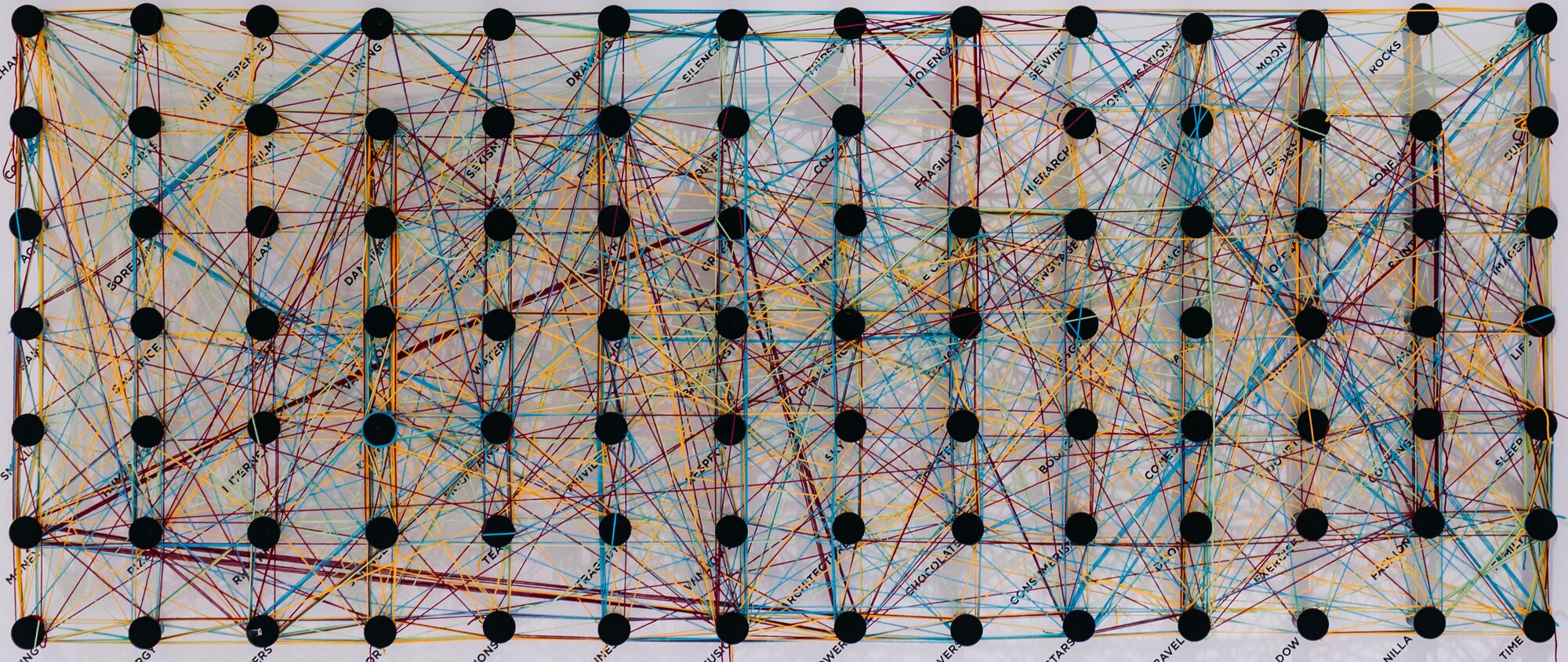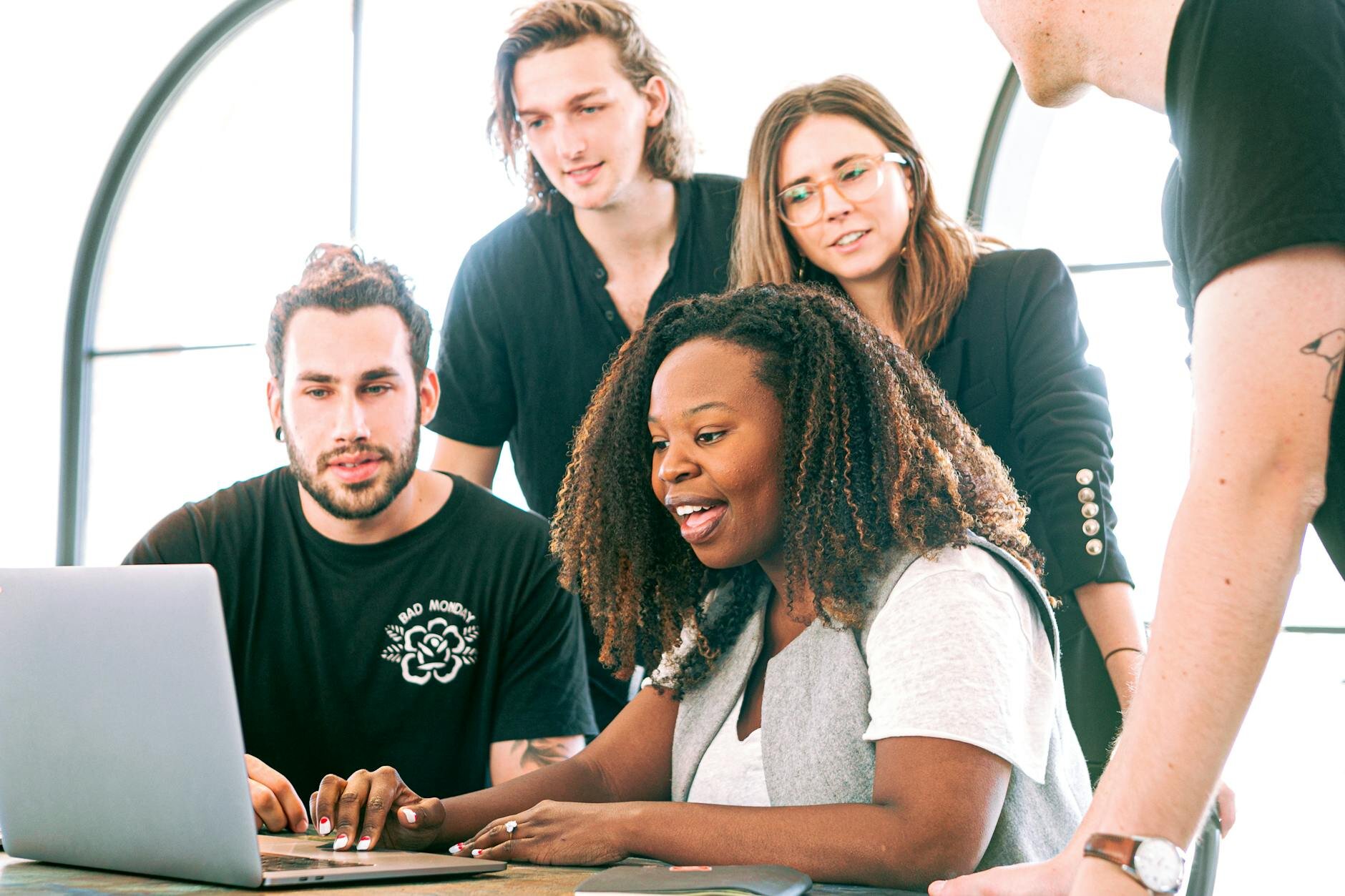Understanding the diversity of human experience and attitudes is critical for designing institutions and policies that positively impact societal well-being. However, identifying the influence of individual factors on behavior remains complex and multifaceted.
This complexity arises from several key challenges:
- Causal Inferences: Establishing causal relationships necessitates the use of experimental designs that can accurately isolate and assess individual influences on behavior.
- Reliable Measurement: There is a need for robust, reliable metrics that capture individuals’ preferences and expectations accurately.
- Heterogeneous Effects: Acknowledging the varying impacts of social and institutional factors requires data that reflects both intra- and inter-country variation.
This research team rigorously examines the social and institutional determinants of preferences and expectations, aiming to elucidate the causes and consequences of behavioral diversity.
Several key behavioral projects in addition to our highlighted research:
- Causes and Consequences of Discrimination in Labor Markets: This project aims to empirically document the mechanisms underlying discrimination in labor markets, with a particular focus on gender discrimination. By employing field and laboratory experiments, we analyze the subtle ways stereotypes perpetuate biases in performance evaluations, leading to discriminatory practices. Our investigations encompass various career stages—including hiring, promotions, negotiations, and job referrals—and also examine how anticipated discrimination influences the decision-making of affected individuals, as well as broader societal outcomes.
- Social Tipping and Norm Change: In contemporary society, longstanding social norms are frequently contested and can be rapidly supplanted by new norms. This project seeks to systematically explore conditions under which a society may abandon existing social norms, the criteria for identifying norms that endorse harmful behaviors, and the role of social diversity in facilitating beneficial change. Employing a combination of mathematical modeling and controlled laboratory and field experiments, we investigate the dynamics of social tipping—instances of abrupt change that disrupt established social orders.









